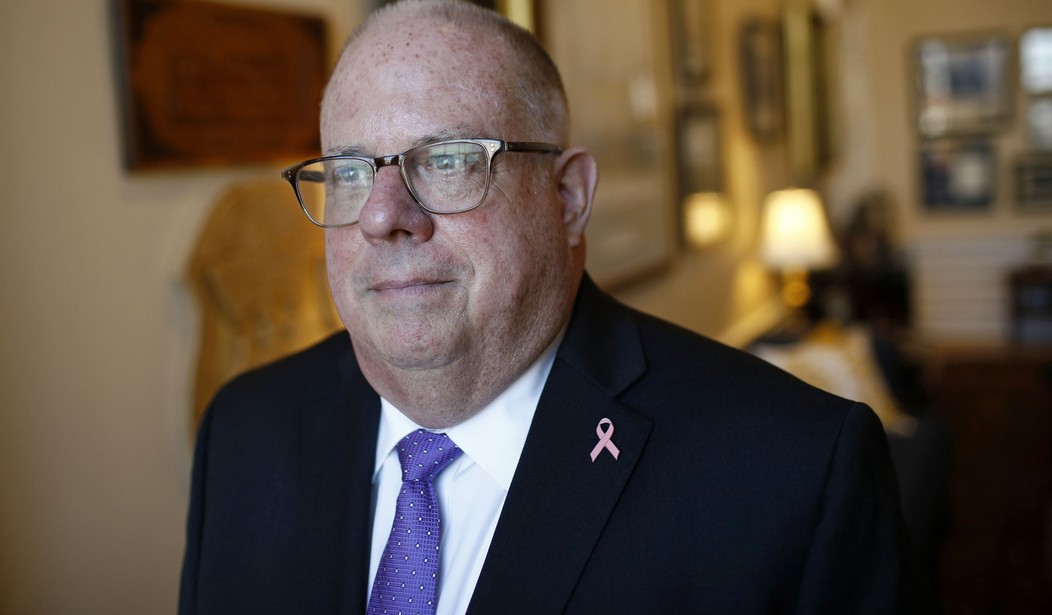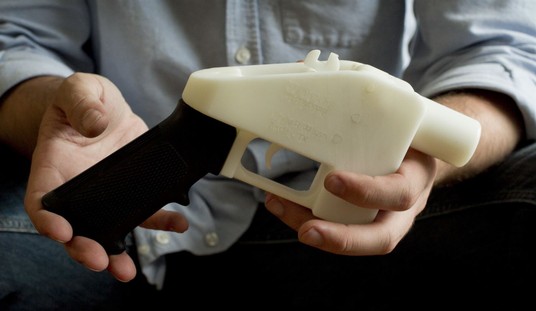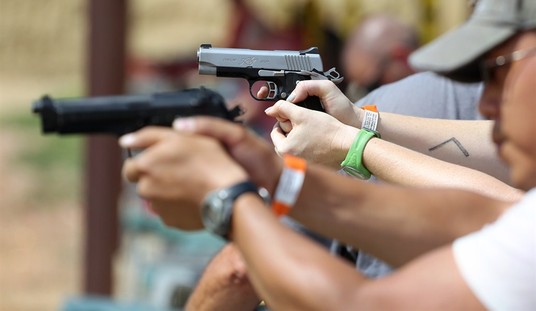Gun control advocates in Maryland suffered a defeat this week with Governor Larry Hogan’s veto of a bill requiring background checks on transfers of long guns. HB 4 would have imposed criminal penalties on the private transfers and sales of rifles and shotguns, and was a top priority for anti-gun groups like Brady and Everytown for Gun Safety, which lobbied Hogan extensively after the legislature approved the measure, and tried to tie the bill to a 2018 active assailant attack in Annapolis .
Along with Moms Demand Action, Everytown believes the HB 4 would make it hard for prohibited purchasers to get their hands on rifles and shotguns. They say it could prevent shootings similar to the Capital Gazette newsroom mass shooting.
Maryland lawmakers approved the bill and sent to the governor’s desk before legislature closed on March 16 in response to the pandemic.
As you can imagine, pro-Second Amendment groups in the state are encouraged by Hogan’s veto, with the head of one organization telling Fox Baltimore that the bill was fundamentally flawed.
Mark W. Pennak, president of Maryland Shall Issue said, “This bill would add a wholly new set of restrictions on temporary and permanent long gun “transfers” which would be defined in an extremely broad manner. The bills would severely criminalize any non-compliance with its many and highly complex new restrictions.”
Since the arrival of Covid-19, new FBI data shows that gun sales have increased amid the pandemic. According to an Everytown analysis, an estimated 4.2 million guns were sold in March and April combined compared to 2.3 million guns sold during the same time period last year.
Despite the numbers, Pennak cites a study from Daniel Webster of Johns Hopkins who testified before the General Assembly in support of the Firearms Safety Act of 2013 and said, “imposing comprehensive back ground checks beyond those required by federal law does nothing to promote public safety.”
The background check measure was one of three dozen bills rejected by Hogan on Thursday, which was the last day for the governor to veto measures before they would automatically become law. Several of the bills came with too high a price tag for the governor’s liking, while other bills, including HB 4, were vetoed because the governor says they didn’t do enough to address violent crime in the state.
The bill has been a Democratic priority for the last two legislative sessions. The bill’s sponsor, Del. Vanessa Atterbeary (D-Howard), tweeted that she was “beyond disappointed” with the veto of the bill.
Other lawmakers took exception to Hogan’s veto letter, in which he highlighted the failure of the House of Delegates to pass his own crime bill proposals.
“I expressed my strong willingness to consider other proposals, including some of those passed by the legislature, if they were included as part of a comprehensive crime package which included my proposals,” Hogan wrote.
While the Senate incorporated portions of Hogan priorities into a package in that chamber, the House did not take up the package “and thus failed to meaningfully address violent crime,” Hogan wrote.
Democrats in control of the state legislature could meet to try to override the governor’s vetoes, but with the current coronavirus crisis, legislators appear uncertain as to when a veto override session might take place. In the meantime, Hogan’s veto of HB 4 is a positive step for gun owners in the state, and should send a message to lawmakers to focus on the violent criminals driving crime in Baltimore, instead of focusing their efforts on the state’s legal gun owners.









Join the conversation as a VIP Member